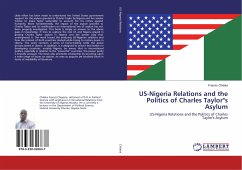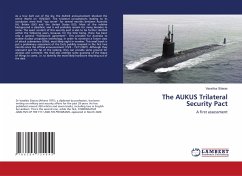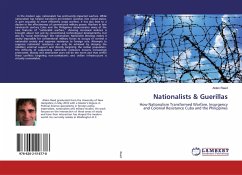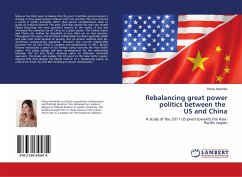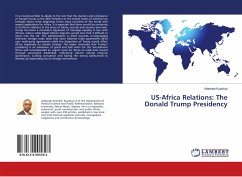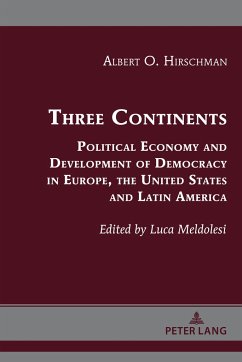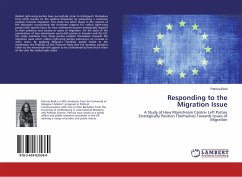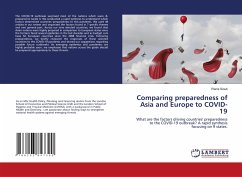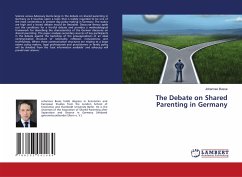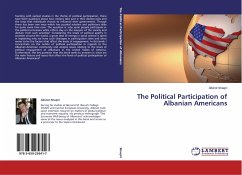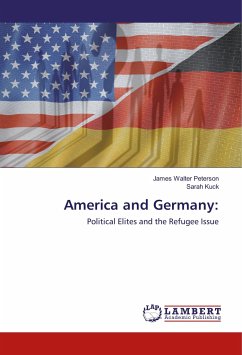
America and Germany:
Political Elites and the Refugee Issue
Versandkostenfrei!
Versandfertig in 6-10 Tagen
16,99 €
inkl. MwSt.

PAYBACK Punkte
8 °P sammeln!
This analysis includes a comparative review of the American and German elections of 2016-17, in light of the common refugee issue. The immigration and refugee issue solidified the American Executive victory while the refugee crisis in Germany did not result in a dramatic electoral upset. The theoretical framework includes the application of Realist and Revised Realist Theories, with the Revised Theoretical perspective having broader relevance to the case studies. As a method of organizing comparative electoral outcomes, the concepts of space, dialogue, and identity were each explored in the br...
This analysis includes a comparative review of the American and German elections of 2016-17, in light of the common refugee issue. The immigration and refugee issue solidified the American Executive victory while the refugee crisis in Germany did not result in a dramatic electoral upset. The theoretical framework includes the application of Realist and Revised Realist Theories, with the Revised Theoretical perspective having broader relevance to the case studies. As a method of organizing comparative electoral outcomes, the concepts of space, dialogue, and identity were each explored in the broader context of electoral processes. Across the case study nations, the definition of space is tightening, the nature of political dialogue is more volatile, and identity will remain a central question for politics and governance structures to define.



